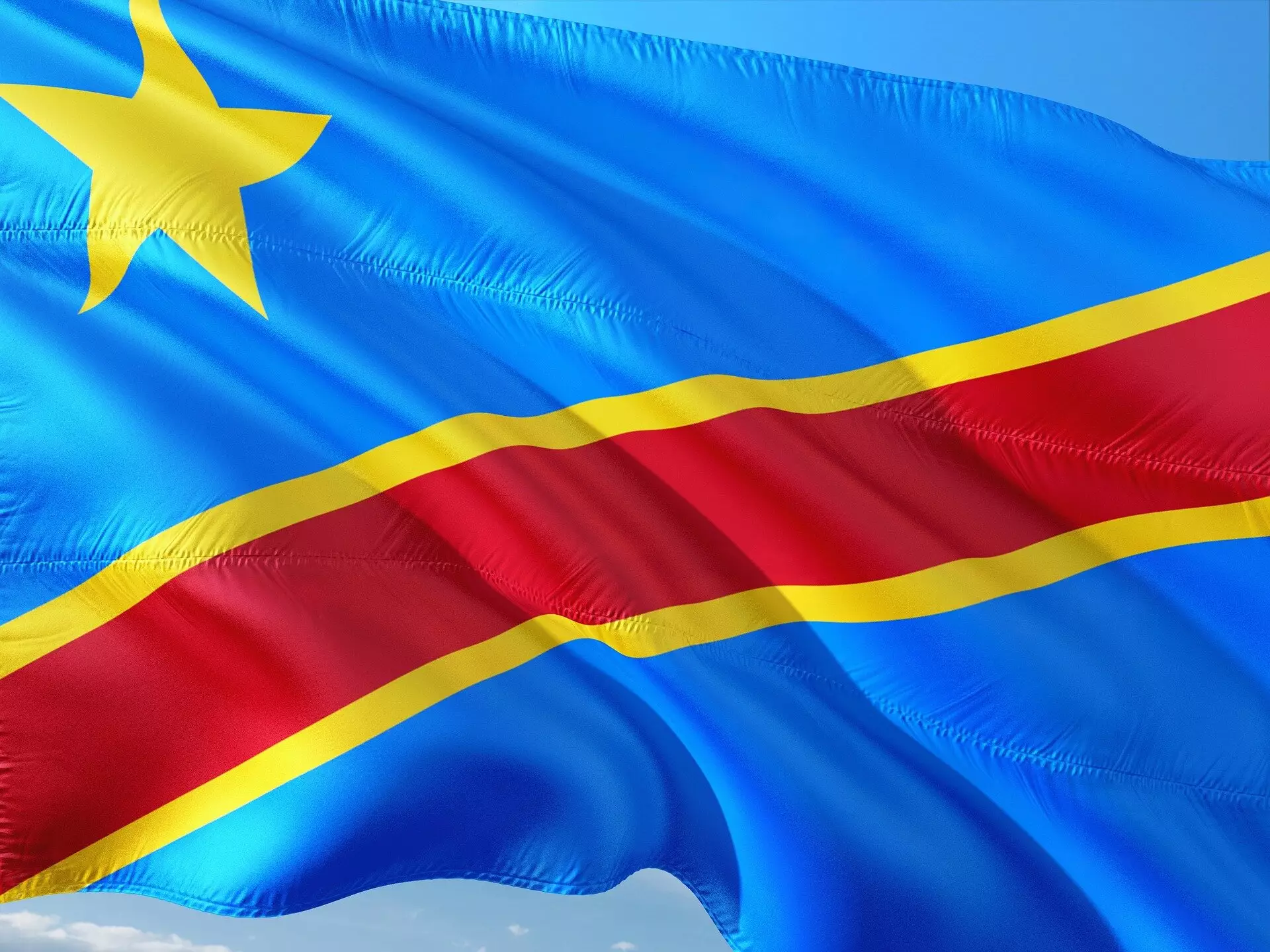The Democratic Republic of the Congo (DRC), while often portrayed as a victim of external exploitation, holds a fascinatingly powerful position within the global cobalt market. As the leading producer of this critical mineral—covering a staggering 70% of global cobalt production—the DRC finds itself at the nexus of geopolitical and economic interests. A closer examination reveals that the narrative of victimhood oversimplifies the dynamics at play. It also highlights how the DRC’s control can influence international supply chains, particularly in the realm of electric vehicles and renewable energy technologies. The need for a critical analysis of this situation is crucial, especially in light of the ongoing energy transition that the world is undergoing.
Cobalt is indispensable for the manufacture of lithium-ion batteries, which power electric vehicles and various portable electronic devices. With the global shift towards cleaner energy sources, the demand for efficient battery technologies is surging. Cobalt’s properties serve a vital function in reducing overheating in batteries, making it a valuable commodity in this growing sector. Thus, as the world reaches for greener alternatives, the DRC’s cobalt resources become increasingly essential, not just for local economies but also for the global market. China’s dominance in processing these minerals only underscores the worldwide implications of the DRC’s mining policies.
In our extensive research conducted within both the DRC and China, we observed a significant level of control exerted by the Congolese government over cobalt mining activities. This control manifests itself in various forms, including the imposition of export bans and significant tax increases on cobalt transactions. Notably, when the DRC government suspended exports from a major Chinese-owned cobalt mine in 2022 due to financial disagreements, it inadvertently led to a substantial drop in global cobalt production. This event highlights the essential link between local governance and international supply chains, proving that DRC policymakers can directly affect global commodity markets.
Despite its substantial power over cobalt resources, the DRC government has repeatedly failed to translate this influence into tangible benefits for its citizens. A staggering 74% of the population continues to live in poverty, compounded by inadequate infrastructure, pollution, and health hazards in mining regions. Such outcomes raise critical questions about governance, equity, and the responsibilities of both local and international stakeholders in the cobalt supply chain.
The history of cobalt mining in the DRC is inextricably linked to its colonial past, which saw the sweeping away of local wealth and resources by foreign powers. Since cobalt was first mined in the DRC in 1914 during Belgian colonization, the country’s rich mineral deposits have often been exploited with little regard for local development. While portions of the revenue generated flow into government coffers, the communities directly impacted—those living in proximity to mines—continue to suffer poor living conditions. This is the vestige of colonial practices that still echoes today, as the elite benefit disproportionately from mining activities.
Artisanal mining, which involves small-scale operations typically run by local miners, represents another critical dimension of the cobalt sector. Although there are approximately 67 artisanal mines in the southeast DRC, the working conditions are perilous. Artisanal miners often suffer from a lack of safety protocols, and many face deadly risks, such as collapses in mine pits and exposure to harmful gases. Additionally, many miners find their hard-earned wages siphoned away by cooperatives controlled by local political figures. Alarmingly, thousands of children are reported to be engaged in this hazardous field, underscoring the urgent need for systemic reform.
The global energy transition cannot neglect the voices and needs of mineral-producing nations like the DRC. Western nations, particularly the US and China, must engage with the DRC as a partner rather than merely a supplier of raw materials. Collaborative efforts could incentivize the establishment of localized supply chains, fairer mining contracts, and enhanced processing capabilities within the DRC itself. Initiatives aimed at upgrading living conditions for miners and promoting sustainable mining practices are paramount.
This research emphasizes that the road to a cleaner energy future is not solely about technological advancements but also involves recognizing and addressing the socio-economic implications for communities involved in mineral production. By fostering transparency and equity within these supply chains, regional interests can finally align with global sustainability goals. The takeaways from this analysis implore policymakers, companies, and civil societies to capitalize on the DRC’s strategic position in the cobalt market while advocating for the local populations that remain largely disenfranchised.
Ultimately, a nuanced understanding of the DRC’s role in the cobalt economy offers valuable insights to help navigate the complexities of global supply chains inherent in the energy transition.

